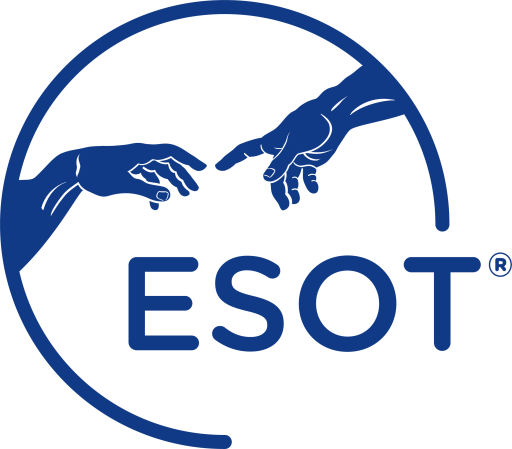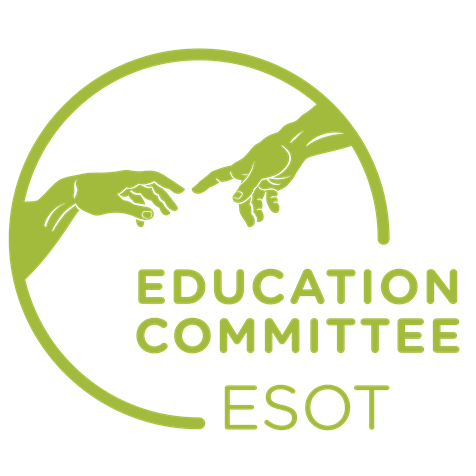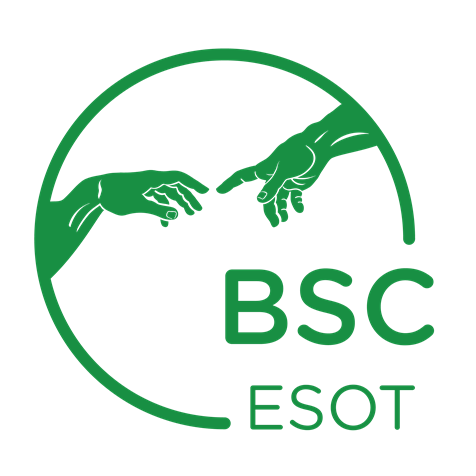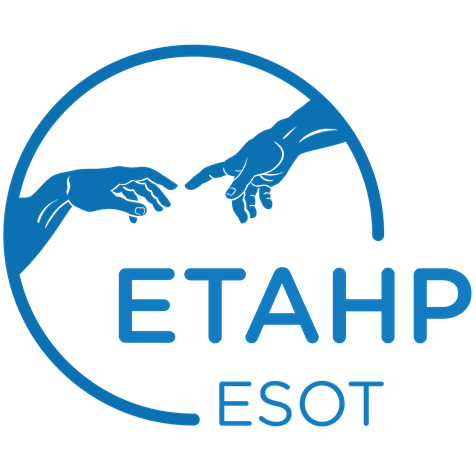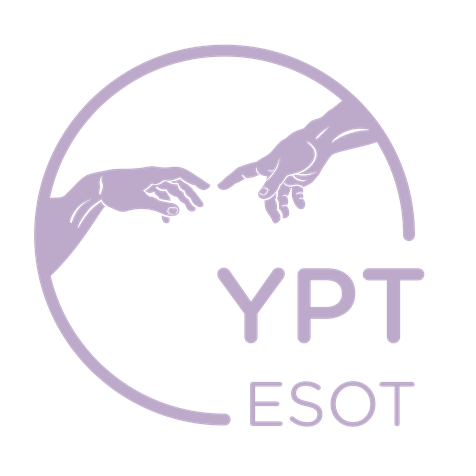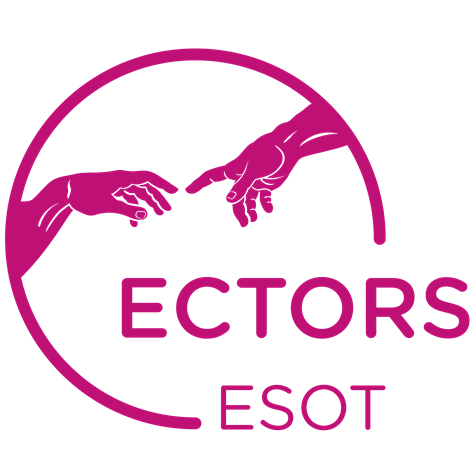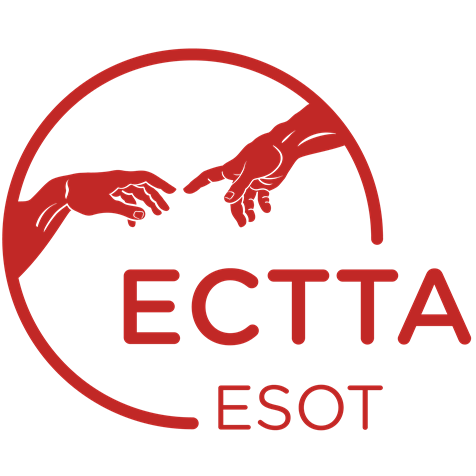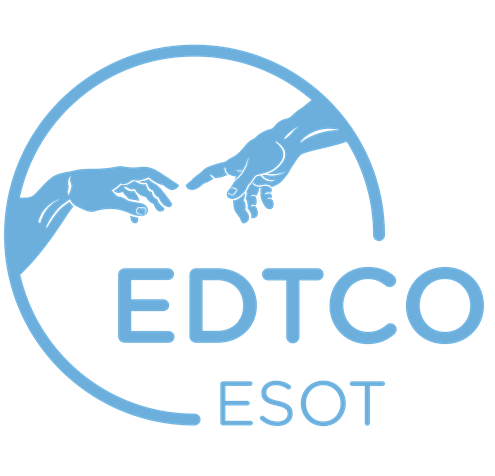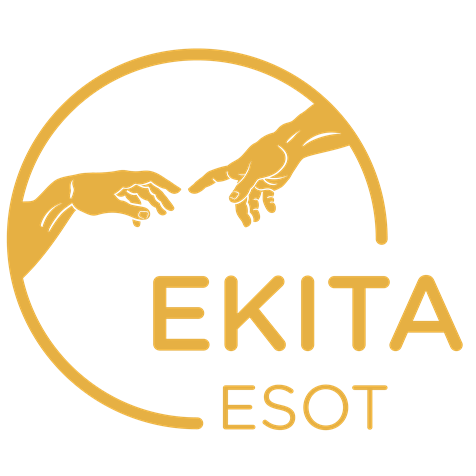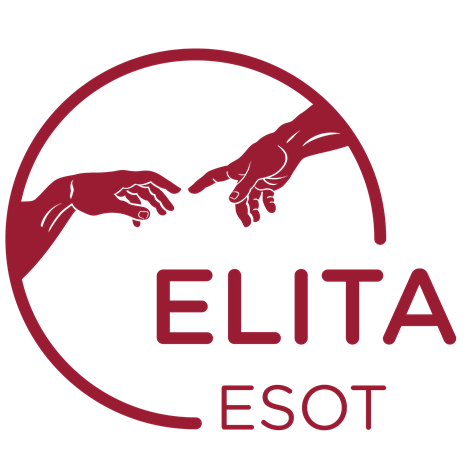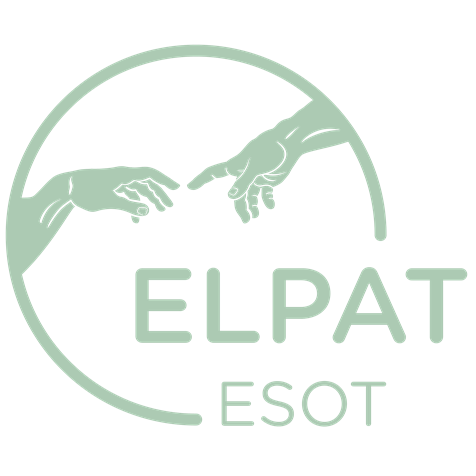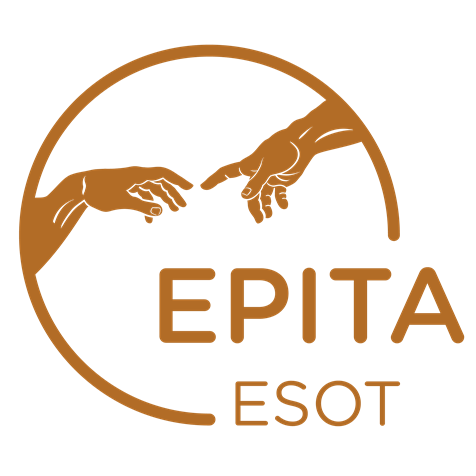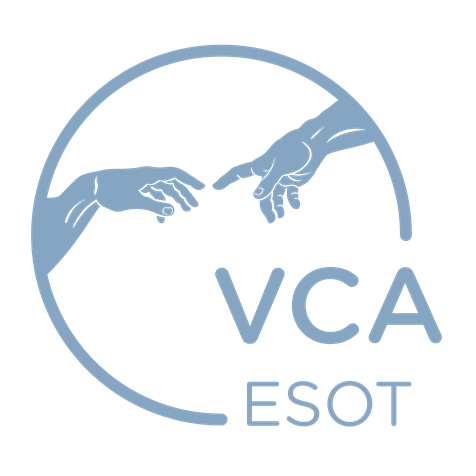Online Workshop: Complex Scenarios in the Management of CMV Infection in Solid Organ Transplantation
ESOT is hosting an online workshop on 9 December from 18:00 to 19:30 to explore complex clinical scenarios in the management of CMV infection in solid organ transplantation. CMV continues to present significant challenges for transplant teams, particularly in cases that fail to respond to therapy or are complicated by co morbidities. The session brings
